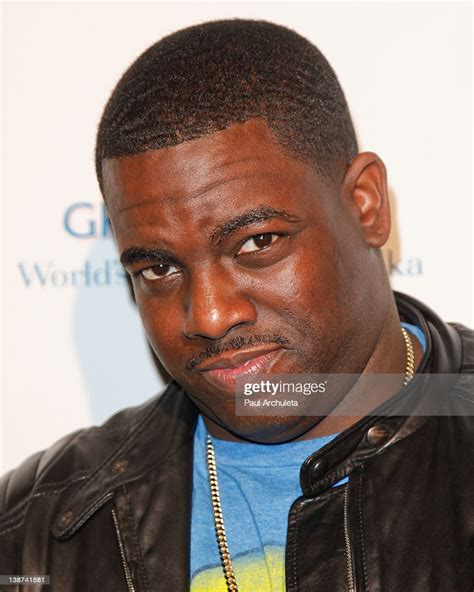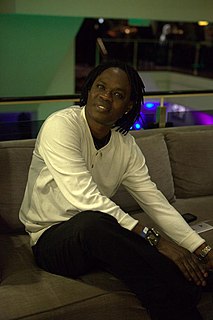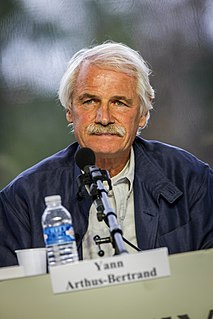A Quote by Miriam Makeba
And why is our music called world music? I think people are being polite. What they want to say is that it's third world music. Like they use to call us under developed countries, now it has changed to developing countries, it's much more polite.
Related Quotes
I know that my music is heard a lot in commercial circles. In academia, I think my music is taken in differently but I'm not sure why that is. Some kind of sixth sense tells me that people in that world are thinking differently about it. I don't know if it has to do with the structure of my music, which is probably more apparent to those in the academic world than it is in the commercial world, where people tend not to think of that aspect of music so much. They just listen for pure enjoyment.
I did not like that name "world music" in the beginning. I think that African music must get more respect than to be put in a ghetto like that. We have something to give to others. When you look to how African music is built, when you understand this kind of music, you can understand that a lot of all this modern music that you are hearing in the world has similarities to African music. It's like the origin of a lot of kinds of music.
I'd been making music that was intended to be like painting, in the sense that it's environmental, without the customary narrative and episodic quality that music normally has. I called this 'ambient music.' But at the same time I was trying to make visual art become more like music, in that it changed the way that music changes.
Music for a long time has been telling what the world is like. What music has to say now, in a manner that has both logic and emotion in it, is that the world has a structure persons could like; be stronger by.... [If] the world is the oneness of opposites - and music says it is - the world is given an everlastingly sensible basis; for what could be more sensible that to be calm and forceful at once, reposeful and intense at once?
I think if there's ever been a time we need music more, it's now. For our kids, it teaches you to take time, to listen, to work together, to listen to other people, and to use your brain. That's why classical music doesn't work when you throw it at people in a subway platform while they're rushing to work. Classical music is something that needs to be contemplated, you have to be completely present with an active mind that's working. It's not background music.
A considerable proportion of the developed world's prosperity rests on paying the lowest possible prices for the poor countries' primary products and on exporting high-cost capital and finished goods to those countries. Continuation of this kind of prosperity requires continuation of the relative gap between developed and underdeveloped countries - it means keeping poor people poor. Increasingly, the impoverished masses are understanding that the prosperity of the developed countries and of the privileged minorities in their own countries is founded on their poverty.



































